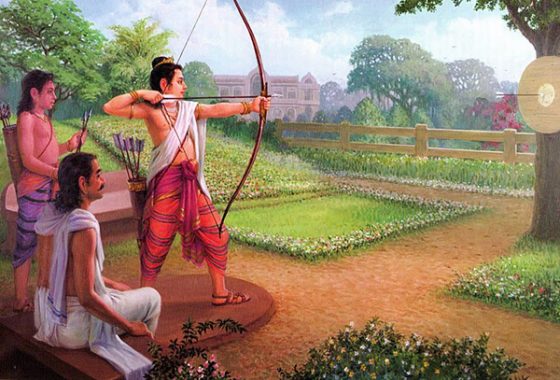Buddhism originated with an Indian prince known as the Buddha, who taught in Northeast India in the fifth century BC. Two centuries later, with the support of the Emperor Asoka, Buddhism spread over the greater part of India and from there traveled the full breadth of the Asian continent. In several tidal waves of missionary zeal it rose up from its Indian homeland and inundated other regions, offering the peoples among whom it took root a solid foundation of faith and wisdom upon which to build their lives and a source of inspiration towards which to direct their hopes. At different points in history Buddhism has commanded followings in countries as diverse geographically, ethnically, and culturally as Afghanistan and Japan, Siberia and Cambodia, Korea and Sri Lanka; yet all have looked towards the same Indian sage as their master.
Though for historical reasons Buddhism eventually disappeared from India by about the twelfth century, before it vanished it had profoundly transformed Hinduism. In our own time Indian thinkers as different as Swami Vivekananda, Tagore, Gandhi, and Nehru have looked upon the Buddha as a model. In the twentieth century, too, while Buddhism has lost much of its following in the East, it has begun to have a growing impact on an increasing number of people in the West, and in its own quiet way it is sending down firm roots in several countries of the Western hemisphere.
That the Buddha’s teaching should remain perennially relevant throughout the changing eras of human history, that his message should be undimmed by the sheer passage of time, is already implicit in the title by which he is most commonly known. For the word “Buddha,” as is widely known, is not a proper name but an honorific title meaning “the Enlightened One,” “the Awakened One.” This title is given to him because he has woken up from the deep sleep of ignorance in which the rest of the world is absorbed; because he has penetrated the deepest truths about the human condition; and because he proclaims those truths with the aim of awakening others and enabling them to share his realization. Despite the shifting scenarios of history over twenty-five centuries, despite the change in world views and modes of thought from one epoch to the next, the basic truths of human life do not change. They remain constant, and are recognizable to those mature enough to reflect on them and intelligent enough to understand them. For this reason, even today in our age of jet travel, computer technology, and genetic engineering, it is perfectly fitting that the One who has Awakened should speak to us in words that are just as powerful, just as cogent, just as illuminating as they were when they were first proclaimed long ago in the towns and villages of Northeast India.
Source: http://www.accesstoinsight.org








yoo jungwoo
Good..
Rainold Lazar
Thanks!
I am proud to be an Indian!
Best wishes dear +Jendhamuni Sos
Pieter Hibma
Thanks for your article.
anil bhadouria
gyan dete huye
pskumar
Yes,jendhamuni…he is the great founder of Dharma..especially on the evils in India..for the sake osselfishness..some people dividead the people in castes,sects….he raised voice against the those people…in the event of Guptas kings,the evils once again taken strength…wiped budhism in India…
Rana Singh
Very informative article +Jendhamuni Sos :))) Thank you to share it :)))
Shivakumar V
i lve you,
Mamnoon Siddiqui
Good one …
mukesh patel
True spirit of humanity must grow for peace – thnks +Jendhamuni Sos ji
Carles Guerrero
Siddhartha
Gerald Dagnin
We all yearn for that elusive and magical quality of life known as PEACE !!!!
Priyantha Premasiri
Thanks so much my sister. IM proud to be an sri lanka!!!!! Very best wishes to you have a great day…..
Ronnie Martin
I'm intrigued on different beliefs, these are to be read n appreciate what others such as yourself has to offer.
Ronnie Martin
I'm intrigued on different beliefs, these are to be read n appreciate what others such as yourself has to offer.
manjula priyadarshana
Thanks
Bhagwati Charan
' Be desireless' says Budha. A great message to humanity.
Lee Man-Hee
I know that God is a friend's beautiful mind.
Harit Doshi
Real name of Buddha was Siddhartha and after gaining enlightenment he was named Buddha i.e. Enlightened one.